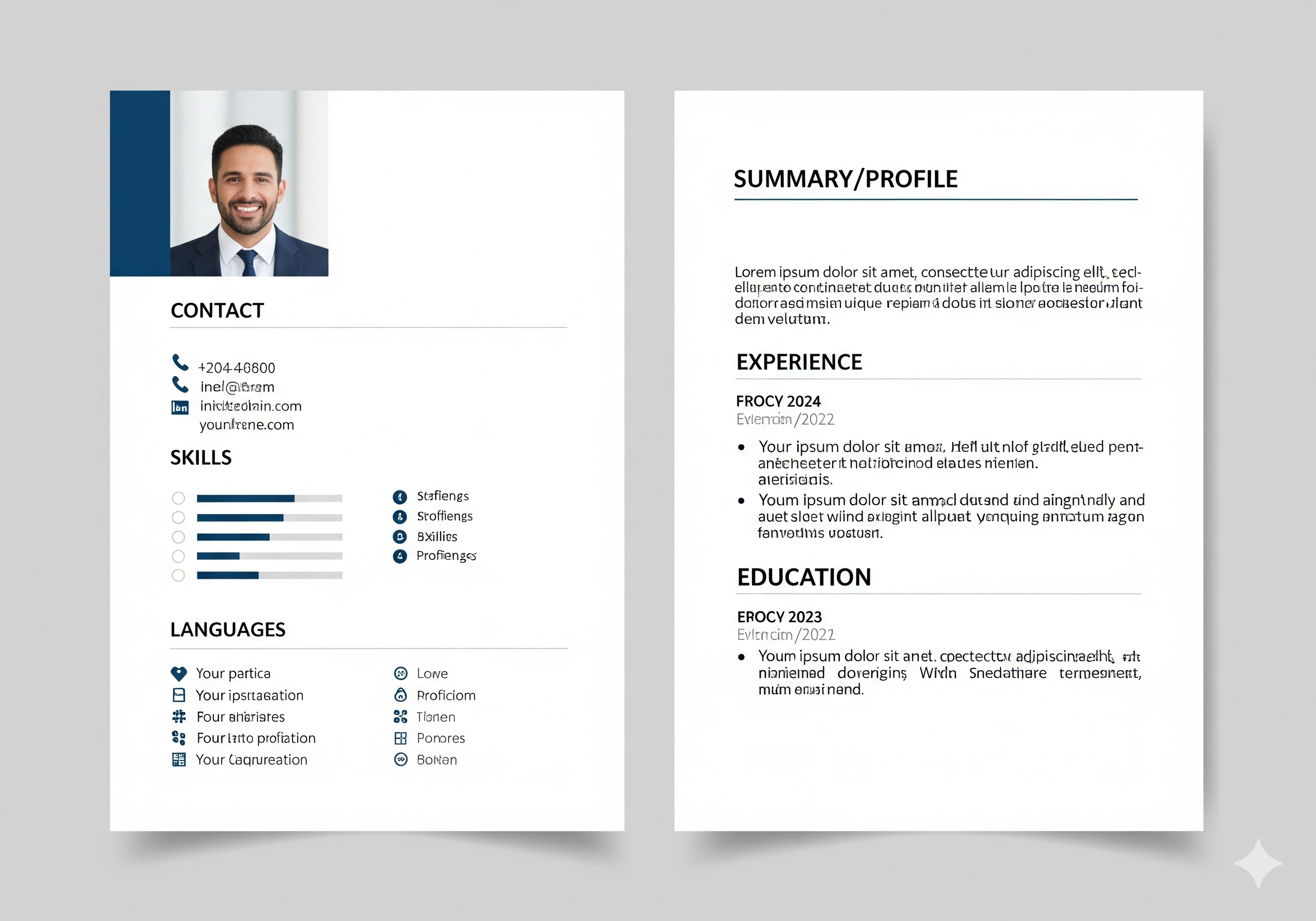As we embark on a new era in recruitment and staffing, the landscape continues to evolve with emerging technologies, changing candidate expectations, and global market dynamics. Here are the key trends shaping the industry in 2024:
- AI-Powered Recruitment: Artificial Intelligence (AI) and machine learning are revolutionizing the recruitment process. AI algorithms are being used to screen resumes, predict candidate success, and automate initial candidate interactions through chatbots. This streamlines the hiring process, reduces bias, and enhances candidate experience.
- Remote and Hybrid Workforces: The shift towards remote and hybrid work models is influencing how companies recruit talent. Organizations are embracing virtual recruitment strategies, including video interviews, virtual job fairs, and remote onboarding processes. This flexibility expands the talent pool beyond geographic boundaries, offering opportunities for diverse and inclusive hiring practices.
- Skill-Based Hiring: Traditional qualifications are taking a back seat to skills-based hiring. Employers are placing greater emphasis on candidates’ specific skills, competencies, and potential for growth rather than solely focusing on degrees or certifications. Skills assessments and competency-based interviews are becoming standard practices to ensure alignment with job requirements.
- Employee Referral Programs: Employee referral programs are gaining popularity as a cost-effective and efficient way to attract top talent. Companies are incentivizing employees to refer qualified candidates, leveraging their networks to source candidates who are likely to fit culturally and professionally.
- Diversity, Equity, and Inclusion (DEI) Initiatives: DEI initiatives are integral to recruitment strategies in 2024. Companies are prioritizing diversity in hiring processes to create inclusive workplaces that reflect diverse perspectives and backgrounds. HR teams are implementing blind recruitment techniques and training hiring managers on unconscious bias to foster equitable hiring practices.
- Personalization in Candidate Experience: Providing a personalized candidate experience is essential for attracting and retaining top talent. Employers are leveraging technology to tailor recruitment communications, offering insights into company culture, career development opportunities, and personalized feedback throughout the hiring process.
- Emphasis on Employer Branding: Employer branding continues to be a crucial factor in attracting talent. Organizations are investing in showcasing their company culture, values, and employee experiences through social media, employer review sites, and personalized career pages. A strong employer brand not only attracts candidates but also improves retention rates and enhances overall organizational reputation.
- Data-Driven Decision Making: Data analytics is playing a pivotal role in recruitment strategies. HR professionals are leveraging data insights to identify trends, optimize recruitment processes, and measure the effectiveness of sourcing channels. Predictive analytics is being used to forecast future hiring needs and align recruitment strategies with organizational goals.
- Agility and Adaptability: Rapid changes in technology and market conditions require recruitment teams to be agile and adaptable. HR professionals are embracing agile methodologies in recruitment, collaborating cross-functionally, and continuously iterating recruitment processes to respond to evolving business needs and candidate preferences.
- Candidate Experience as a Competitive Advantage: Providing an exceptional candidate experience is becoming a competitive differentiator. Companies are focusing on transparency, communication, and responsiveness throughout the recruitment journey to leave a positive impression on candidates, regardless of the outcome.
In conclusion, staying abreast of these trends and adopting innovative recruitment strategies will be crucial for organizations aiming to attract, engage, and retain top talent in 2024 and beyond. By embracing technological advancements, prioritizing diversity and inclusion, and enhancing candidate experience, HR professionals can navigate the evolving recruitment landscape successfully.



